Chapter 26 – Escaping the War
To relieve the alternating stress and boredom, we were given furlough passes every two to three weeks, usually for two days. The closest train station was in Braintree London
If you rode a bike into the station, the next person who arrived at the station might borrow it to get home. You always had to worry about finding a bike there when you got back. It wasn’t much fun to get back from leave and have to walk back to the base. There wasn’t much hitch hiking in those days, people just didn’t have cars. Occasionally you could bum a ride from one of the businesses that had a “lorry” (truck) but you might have to help him make a delivery or two.
People in the neighboring villages were pretty friendly about sharing their bikes. No one ever locked their bike but they did have their names on them. We’d try to avoid taking the bikes with names on them whenever possible. Every once in awhile the train station manager would send a truck out to the base to collect the bikes that belonged to the villagers.
It was safe to go into London London , “the Blitz” had started in September 1940 and continued until May of 1941 when Hitler needed his Luftwaffe to invade Russia London
There were more than a dozen Red Cross Clubs in London Piccadilly Circus – where all the theaters and shops were – so there was always something to do.
Sheet Music of a song about the Rainbow Corner
You could get a room at the Rainbow Corner for about 50 cents and they had real sheets. They had just about anything else you needed from a laundry to a barbershop. You could take a hot shower or a bath. The Red Cross was famous for supplying doughnuts and coffee to servicemen (even if they had to deliver them by mobile units) and you could usually get a sandwich and piece of cake or a bottle of Coca Cola at the donut canteen downstairs. They also served hot meals there, usually fish or rabbit and vegetables or something with beans. London
Time passed too quickly when you were off base on a pass and it seemed like you’d just left when it was time to go back.





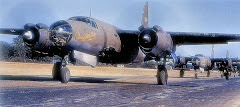
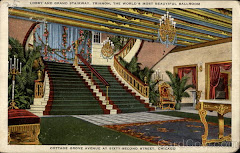
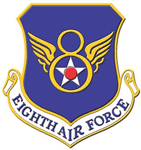
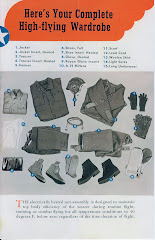
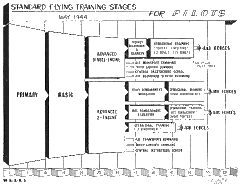
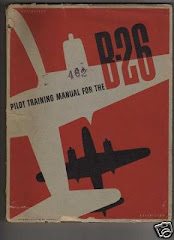
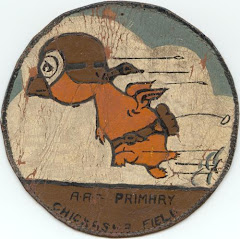

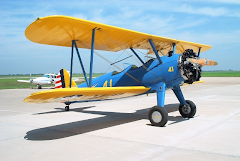


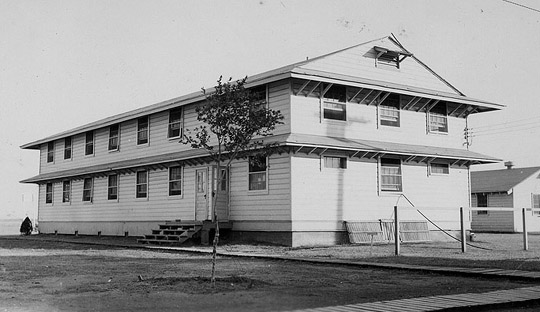
No comments:
Post a Comment